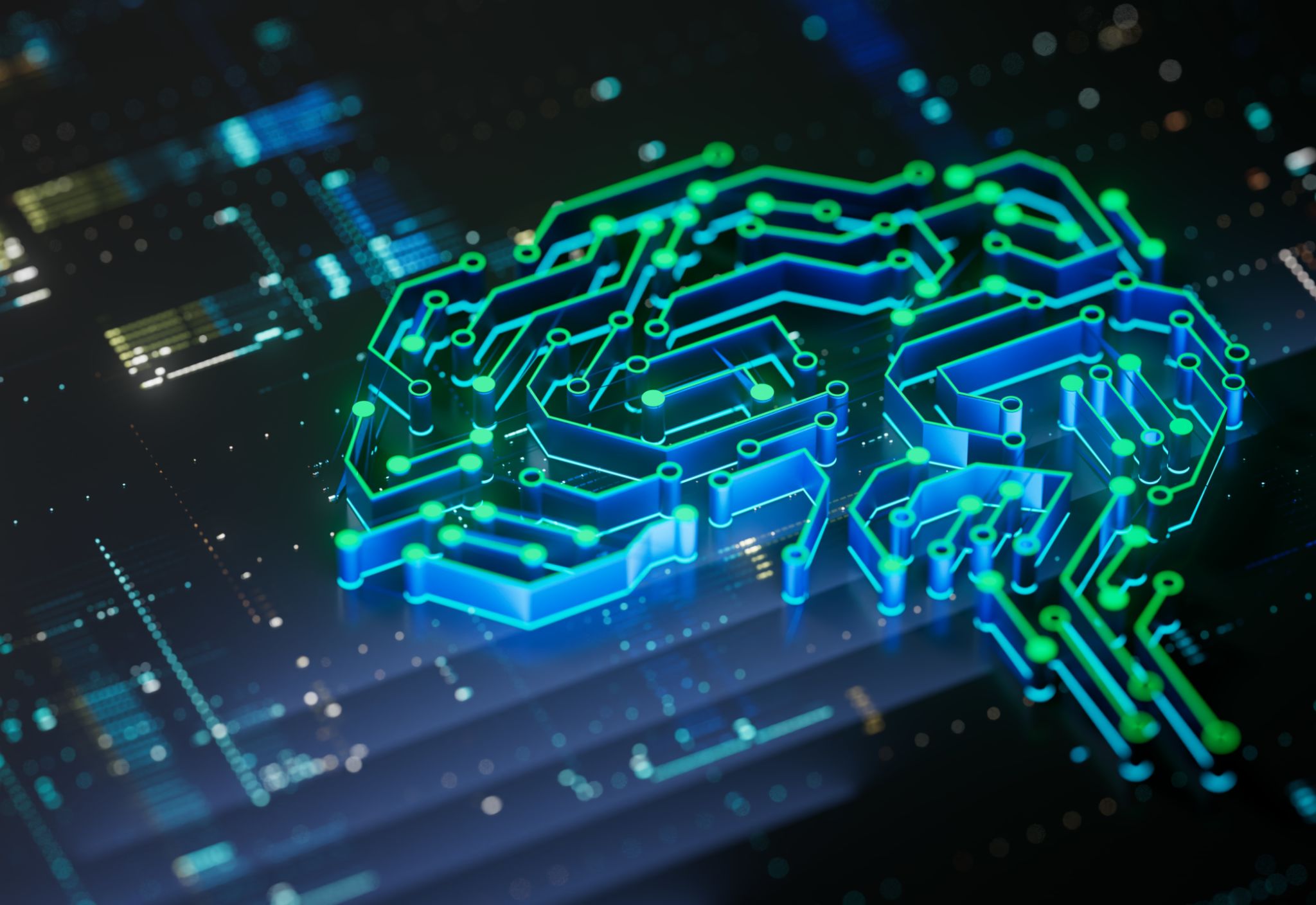The Role of AI in Songwriting: Enhancing Creativity with Technology
The Evolution of Songwriting
For centuries, songwriting has been an art form deeply rooted in human experience, emotion, and creativity. From classical compositions to contemporary pop hits, the evolution of music has always relied on the imaginative minds of songwriters. However, with the advent of Artificial Intelligence (AI), the landscape of songwriting is witnessing a transformative shift. AI is not replacing human creativity but rather enhancing it, offering new tools and perspectives to musicians and composers.

How AI Assists Songwriters
AI in songwriting is primarily used as a collaborative tool, providing songwriters with inspiration and new ideas. By analyzing vast amounts of musical data, AI can suggest chord progressions, melodies, or even lyrics that align with a specific style or genre. This capability allows songwriters to break free from creative blocks and explore uncharted musical territories.
Moreover, AI can assist in arranging and producing music more efficiently. It can help create harmonies or suggest instrumental arrangements that complement a given composition. This not only speeds up the production process but also opens up possibilities for experimentation that might not have been considered otherwise.
The Benefits of AI in Songwriting
One of the key benefits of integrating AI into songwriting is the democratization of music creation. AI-powered tools are making it easier for aspiring musicians to create high-quality music without extensive technical knowledge. This accessibility fosters a more inclusive music industry where diverse voices can be heard and appreciated.

Furthermore, AI can help songwriters analyze trends and audience preferences by examining streaming data and listener feedback. This information can guide artists in crafting songs that resonate more effectively with their target audience, potentially increasing their chances of commercial success.
Challenges and Ethical Considerations
While the integration of AI in songwriting presents numerous opportunities, it also raises important ethical considerations. Questions about authorship and originality arise when AI-generated content becomes involved. Who owns the rights to a song created with the assistance of AI? How do we ensure that human creativity remains at the forefront?
These challenges necessitate clear guidelines and transparency in how AI tools are used in the creative process. It's essential to strike a balance between leveraging technology and preserving the unique human touch that defines music as an art form.

The Future of AI-Enhanced Songwriting
As technology continues to advance, the role of AI in songwriting will likely expand even further. Future developments may include more sophisticated algorithms capable of understanding and replicating complex emotional nuances in music. This could lead to even richer collaborations between humans and machines, producing music that is both innovative and deeply emotive.
Ultimately, the goal is not to replace human songwriters but to empower them with new tools and possibilities. By embracing AI as a creative partner rather than a competitor, the music industry can continue to evolve, offering fresh and exciting experiences for artists and audiences alike.
Conclusion
The role of AI in songwriting is a testament to the evolving relationship between technology and creativity. As we navigate this new frontier, it's crucial to harness the potential of AI while honoring the timeless essence of human artistic expression. Together, humans and machines can create music that speaks to the heart and soul, pushing the boundaries of what is possible in the world of sound.